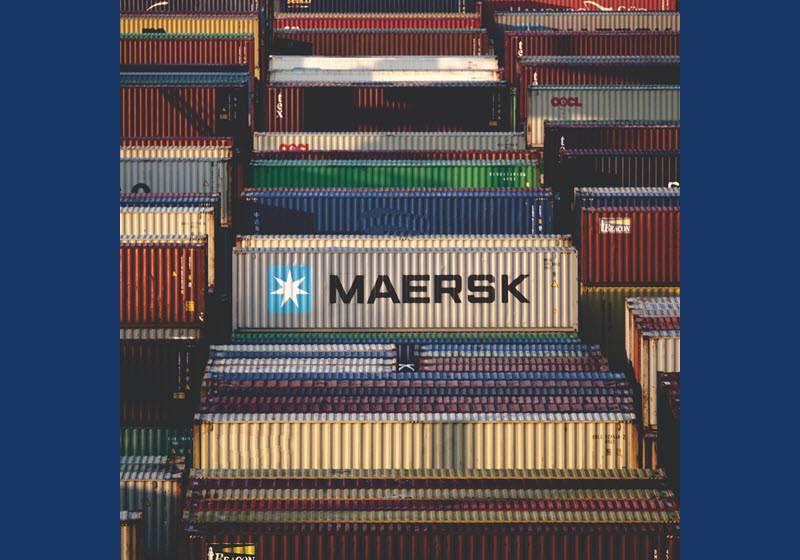
The two sides reached a tentative agreement on July 13 and the employers association ratified the deal on the same day.
Surprisingly, the International Longshore & Warehouse Union voted down the terms a federal mediator recommended to the organization and the B.C. Maritime Employers Association, the Union announced on July 18.
The union “does not believe the recommendations could protect our jobs now or into the future,” a statement says. “Our position since day one has been to protect our jurisdiction and this position has not changed.” ILWU membership didn’t vote on the agreement. The Union then went back on strike.
On July 19, Labour Minister Seamus O’Regan tweeted a Canada Industrial Relations Board ruling stating the Union didn’t provide the required 72-hour strike notice. “This strike is illegal,” the minister tweeted.
On July 21, the BCMEA said it had received communication from ILWU Canada that the ILWU Longshore Caucus approved and will recommend to their membership the Terms of Settlement proposed by the senior federal mediator and ratified by the BCMEA on July 13.
The tentative deal will be sent for a ratification vote by the ILWU voting membership, which is expected late this week. Results are anticipated shortly thereafter.
Members of the ag community have voiced concern throughout the process. Cargo is already backed up at over 30 ports affected by the strike. With harvest beginning in some areas soon, this problem is going to get worse, said Ian Chitwood, vice-chair of Alberta Canola.
“It’s going to exasperate a lot of backlogs,” said Chitwood. “We’re moving grain but it will be slower in a couple of months. You’ll see bigger troubles at grain elevators and along the rail system.”
When the strike does come to an end, it’s unlikely ag products will receive special attention. Other goods would be handled first, leaving agriculture with further delays, Chitwood said.
“The bulk commodities and intermodal transport gets first priority,” he said. “They’re going to try to fix those backlogs first for the manufacturers and retailers. If a ship has to wait, it will be a grain ship.”

